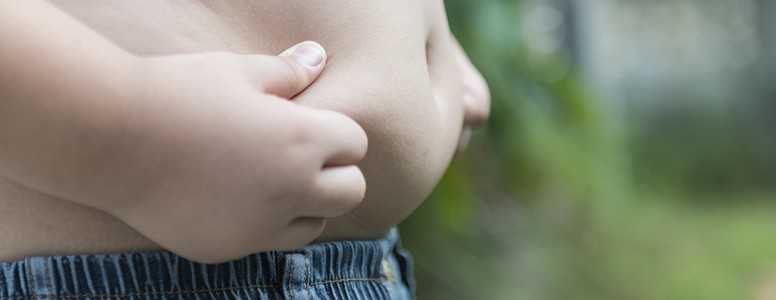An increase in childhood obesity rates in the UK has been observed among children aged between seven and 11.
An analysis of the Millennium Cohort Study by the UCL of Institute of Education revealed that 25% of children were overweight or obese at age seve, which rose to 35% at age 11.
Because obesity is strongly connected to type 2 diabetes risk, researchers and campaigners are calling for greater action in improving children’s health.
While child obesity rates are rising, the trend needn’t continue. Many adults have found confidence in improving their own weight through eating real food which is a feature of our Low Carb Program. As parents’ knowledge and confidence in diet increases, we could witness a reversal in childhood obesity trends.
The data from nearly 12,000 children was collected between January 2014 and March 2015, revealing that 35% of young people in England and Scotland were obese or overweight, compared with 40% in Northern Ireland and 38% in Wales.
Levels of obesity changed minimally up to the age of seve, but then spiked during the next four years. Between the ages of 11-14, there was little change, which researchers attributed to children making more of their own food choices.
The findings also revealed a link between children’s weight and their mothers’ education. Around 40% of 14-year-olds whose mothers had no qualification above GCSE level were overweight or obese. This figure lowered to 26% among children whose mother had a higher qualification.
However, the researchers did not investigate the reasons behind this link, nor why obesity levelled off in children aged 11-14.
In trying to explain the findings, Dr Benedetta Pongiglione, co-author of the study, told the BBC: “We know that that age of early to mid adolescence is a time where children start to make more decisions on their ow, which can imply different … physical activity, diet and other choices.
“Peer pressure also plays a bigger role in their lives. From what we observe, maybe the time between seven and 11 is when parents take most of the decisions.”
Caroline Cerny, from the Obesity Health Alliance, and Professor Mary Fewtrell, nutrition lead at the Royal College of Paediatrics and Child Health, are campaigning for restrictions on junk food advertising before the 21:00 watershed.
“Children can see up to nine junk-food adverts in just 30 minutes while watching their favourite shows, and we know this influences their food choices and how much they eat,” said Cerny.
Prof Fewtrell added that several school-based measures should be considered to lower obesity risks, including “statutory school-based health education in all schools and robust evaluation of the soft drinks and sugar reduction programme”.
What's new on the forum? ⭐️
Get our free newsletters
Stay up to date with the latest news, research and breakthroughs.






